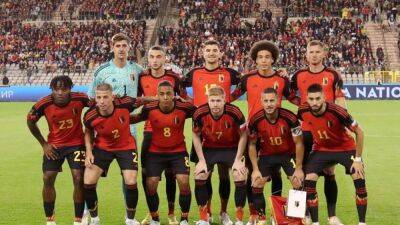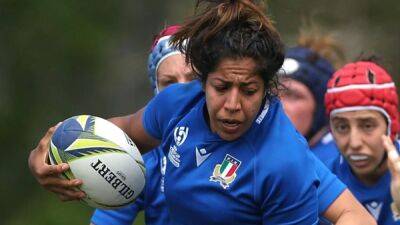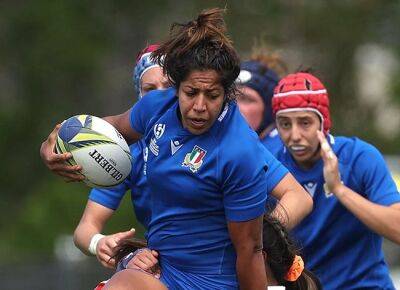‘An unbeatable moment to leverage’: 2023 Women’s World Cup must win hearts to change minds
Sarai Bareman is in her third week back from maternity leave. Straight on a plane from Zurich to Auckland, then Sydney, and soon back to Auckland. Not so much wrenching herself away from her new normal, more just adding full-time work to the full-time-mother equation. “It’s been an absolute baptism of fire,” she says. “It’s a whole different struggle.”
Of course, her six-month-old boy doesn’t know that. Matthijs was a lovely surprise for Bareman and her husband but, now that she is juggling both him and Fifa’s teams for the 2023 Women’s World Cup, her respect for footballers returning to the field after giving birth has reached the realms of the almost unthinkable.
She is talking about those like Katrina Gorry, who had her daughter last year and has played her way back into the Matildas’ starting XI. Ditto some of the women who contested July’s Oceania World Cup qualifiers. Papua New Guinea, for instance, had seven mums help their country to the upcoming intercontinental playoffs.
“There were three or four mums in the Samoan team,” she says. “I can’t even get out of bed some days, and these mums are playing for the national team. And what’s cool is that we have some really high-profile mums, like Alex Morgan, who take their babies with them. They’re visible, and that, for me, is so important.”
In 2020, Fifa rewrote the regulations around maternity leave, announcing measures that will enforce fines and transfer bans on clubs who discriminate against players during pregnancy. It also fell in line with the International Labour Organisation’s minimum 14 weeks of paid maternity leave, with at least eight weeks after birth, at two-thirds of their contracted salary. The news was positive, but also met with concern that these





